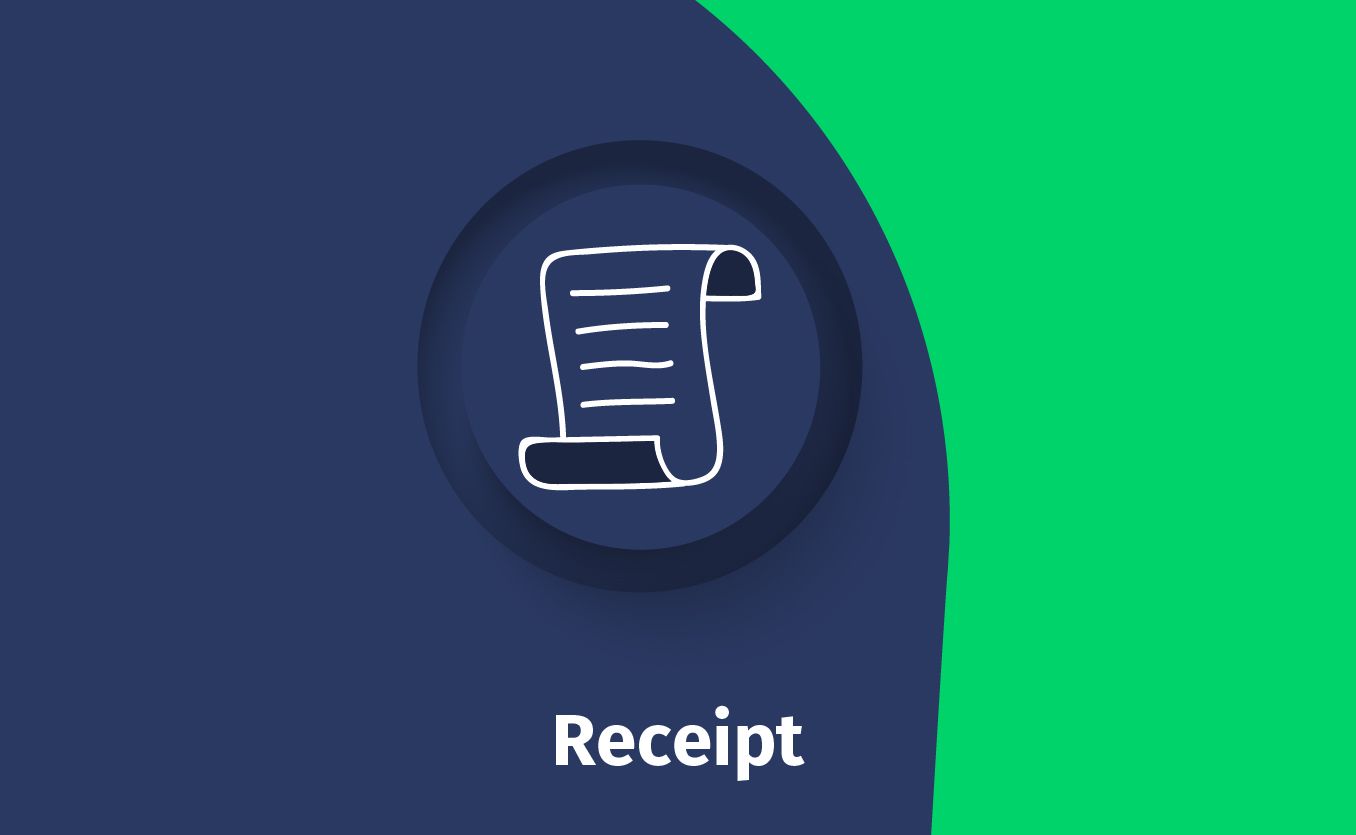
What is a receipt?
Generally, when you receive goods or services, the seller also provides you with a receipt as a written acknowledgement of payment. According to business laws, it is mandatory for businesses to generate and provide receipts to their customers. As part of the law, you must keep receipts for a specified period for audits and assessments.
A receipt is required for transactions between businesses and consumers (B2C) and between businesses and their suppliers or partners (B2B).
Why businesses need a receipt
For consumers, the receipt serves as proof when exchanging goods or resolving issues with service providers.
When purchasing raw materials or trading goods, receipts will constitute business purchases in business-to-business transactions. Receipts are proof of purchases and business expenses and a filing tool for filing monthly and annual tax returns. As well as facilitating payments to suppliers, receipts also assist with accounting.
Likewise, a customer with a bank account obtains a receipt for cash and check deposits and withdrawals. Account holders can also download receipts after transferring money, paying by credit card, or using a debit card.
In addition, investors get receipts where fixed deposits are made in banks for PPF deposits, mutual fund investments, stock market trading, etc. In this way, receipts act as proof of investments and allow entry into the investor's records.